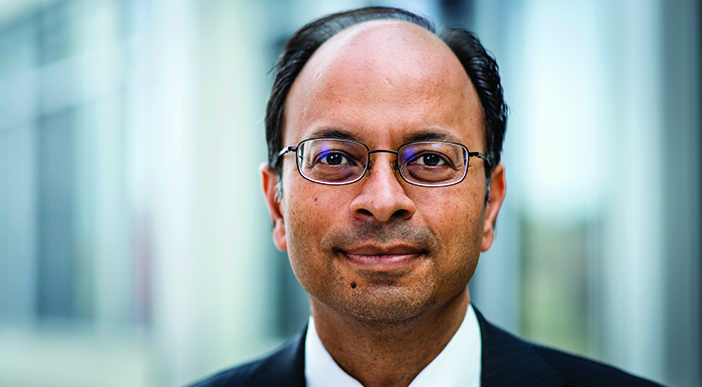NIH cuts will have ‘immeasurable impact’ on lifesaving research.
This issue of Medicine@Brown is hitting mailboxes during a time of great uncertainty in academic medicine. Federal government actions have led to the termination of a small number of grants at medical schools across the country, including ours, and there is a great deal of fear about how this will delay the research discoveries that impact not just our patients, but our loved ones.
That’s why it’s so inspiring to read this issue’s cover story on the Pediatric Anxiety Research Center. PARC is a stellar example of how a concept is born out of clinical observations, tested and proven through years of research, and then adopted as the gold standard of treatment. In this case, that treatment is exposure therapy for obsessive-compulsive disorder in children, and research that grew out of Bradley Hospital has helped not just people here in Rhode Island but around the world. Now, backed by a multimillion-dollar grant from the Patient-Centered Outcomes Research Institute, Jennifer Freeman, PhD, and her team are studying how to expand access to this life-changing therapy for underserved communities. It’s the full cycle of research development resulting in true impact.
This is what’s at stake when federal funding for research is frozen or terminated. The 75-year partnership between universities and government agencies has resulted in treatments for leukemia and tools that have drastically improved survival rates for many cancers, including lung, breast, and colorectal cancers. NIH funding gave rise to drugs for depression and bipolar disorder, sickle cell disease, and type 2 diabetes, just to name a few.
We need to double down on our efforts to explain how the pathway from university-based discovery to commercially available, patient-facing treatment works. That pathway is often long and often filled with false starts and failed ideas. But it yields results—and interruptions, even just for a few years, will have immeasurable impact.
—Mukesh K. Jain, MD
Senior Vice President for Health Affairs
Dean of Medicine and Biological Sciences




